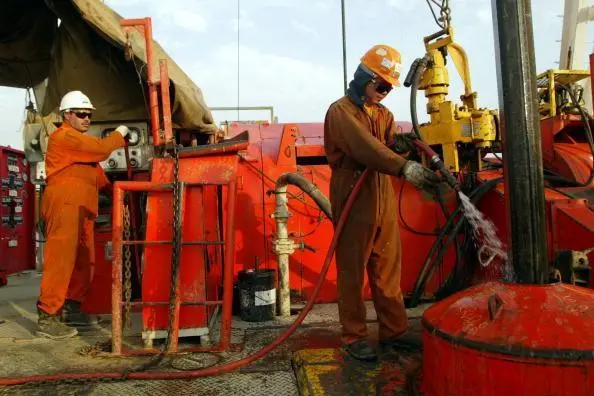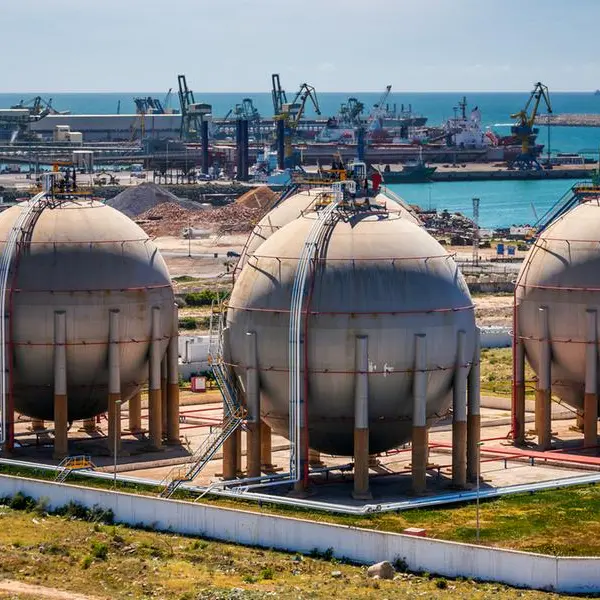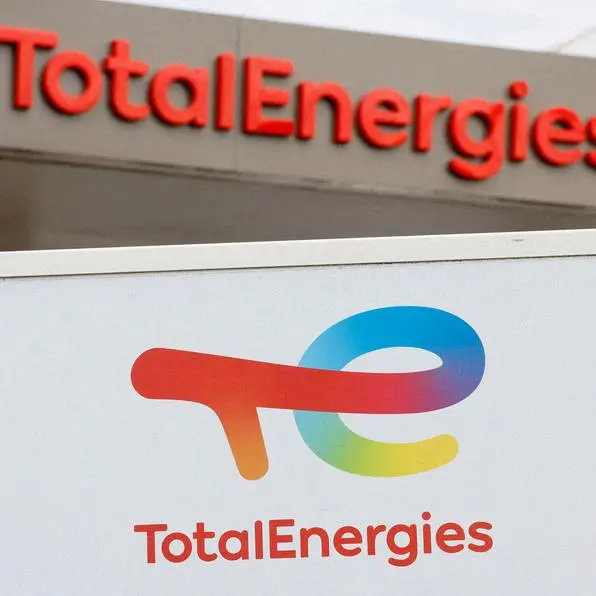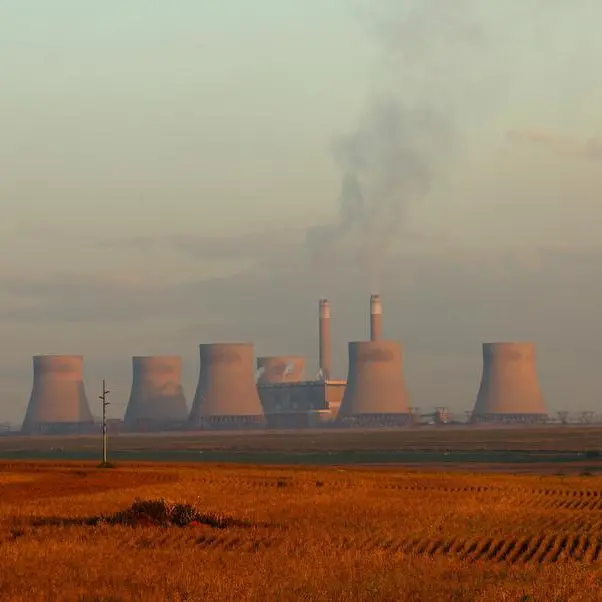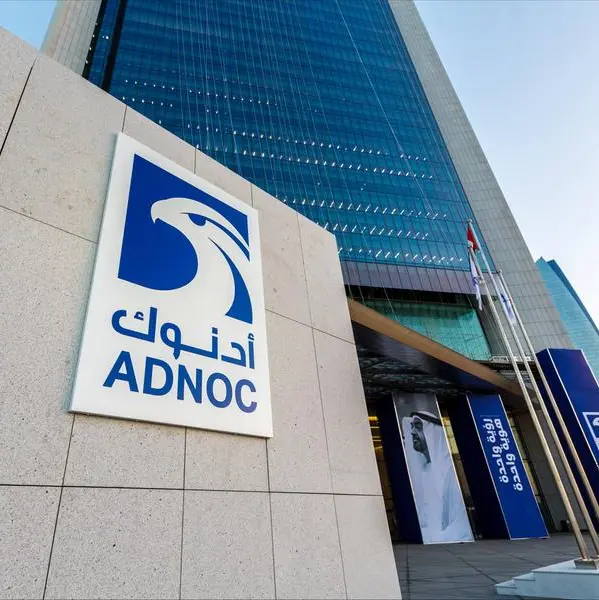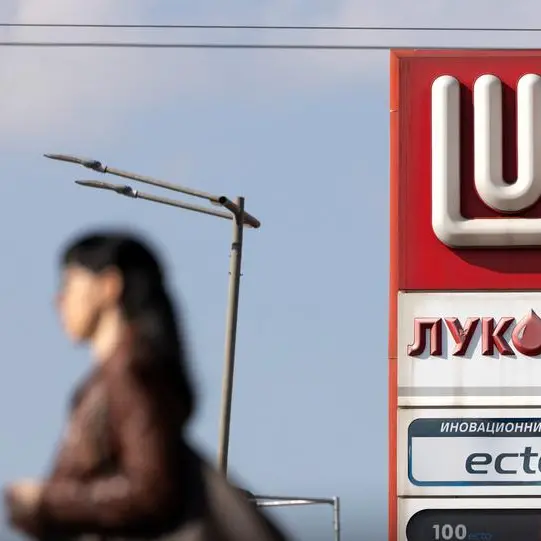PHOTO
MUSCAT: Buoyed by promising oil flows during production testing of its Block 70 licence in central Oman, Swedish based international oil and gas firm Maha Energy says it is now weighing a decision to bring the field into commercial operation.
An initial short-term production test targeting the Mafraq heavy oil field – the block’s main hydrocarbon asset – yielded over 4,000 barrels of heavy, high viscosity oil, the Stockholm-headquartered company revealed on Wednesday.
Of a total of eight production wells that were tested as part of the exercise, five produced oil to the surface at an initial estimated average rate of 300 barrels per day (bpd) per well. Testing of the three other wells was suspended after they produced water and gas, but before yielding any oil.
The relatively tiny block, covering an area of 639 sq kilometres, is located in the middle of the prolific oil producing Ghaba Salt Basin in central Oman. Its shallow undeveloped Mafraq heavy oil field was discovered by Petroleum Development Oman (PDO) in 1988.
Pending a decision to announce a Declaration of Commerciality (DoC) – which entails a formal notification to the Ministry of Energy and Minerals that the Mafraq oilfield is a commercial discovery – Maha Energy has requested an extension of the Initial Phase of its Exploration & Production Sharing Agreement (EPSA) with the ministry. That initial phase is slated to come to an end in October this year.
“(..) driven by Maha’s commitment to conclude testing effectively, and to ensure an appropriate and robust request for a potential Declaration of Commerciality, the company has requested the extension of the Initial Phase of the EPSA to the Ministry of Energy and Minerals of the Sultanate of Oman,” said Maha Energy in its statement.
An extended Initial Phase, it said, would enable the company to undertake a number of activities to underpin an eventual Declaration of Commerciality. One such initiative is to run detailed simulations of the long-term behaviour of the reservoir and wells at Block 70. Additionally, the company plans to restart the cold production of wells. Also under consideration is a detailed plan for the use of enhanced oil recovery (EOR) methodologies, such as steam, waterflooding or other production enhancement methods during the latter part of the extension, it stated.
As for the estimated 4,000 barrels of highly viscous oil currently stored at site in Block 70, Maha Energy says it plans to scale up chemical treatment of this volume to ascertain the best options for reducing the viscosity and enhancing the flowability of the oil. Thereafter, the stored oil will be moved to another facility where it will be processed before it is pumped into the Main Oil Pipeline system.
“Once it becomes possible to offload the oil currently stored, Maha intends to restart the cold production of wells for further data gathering and production information,” the company added.
With a viscosity ranging from 11 – 13 API, Mafraq’s crude is characterised as heavy oil but leans closer to Extra Heavy Oil Bitumen, which has a viscosity ranging from 0 to 10 API.
Maha Energy is the operator of Block 70 with a 65 per cent working interest, while the rest is held by Mafraq Energy, a local Omani company.
2022 © All right reserved for Oman Establishment for Press, Publication and Advertising (OEPPA) Provided by SyndiGate Media Inc. (Syndigate.info).
